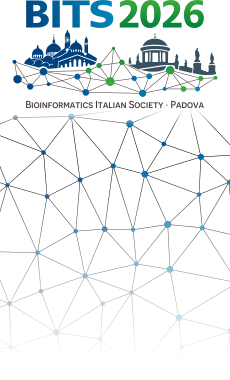Research fellowship ("Assegno di Ricerca") - Dept. of Clinical and Biological Sciences - University of Turin
Kidney stones affect up to 10% of individuals, and increased urinary oxalate is the main risk factor. The amount of urinary oxalate depends on both endogenous production and exogenous absorption. Inherited deficiencies of the enzymes of oxalate metabolism lead to primary hyperoxaluria PH. Increased intestinal absorption of exogenous oxalate leads to secondary hyperoxaluria (SH). In other cases, hyperoxaluria is idiopathic and leads to recurrent kidney stones or contributes to kidney disease (ESKD).
The research grant project intends to investigate through analysis of whole exome sequencing data from different patient cohorts whether variations in genes involved in hepatic metabolism, exogenous oxalate transport, or both could be risk factors for the onset of SH, modulate the severity and progression of PH, and influence the onset of idiopathic hyperoxaluria and ESKD.




